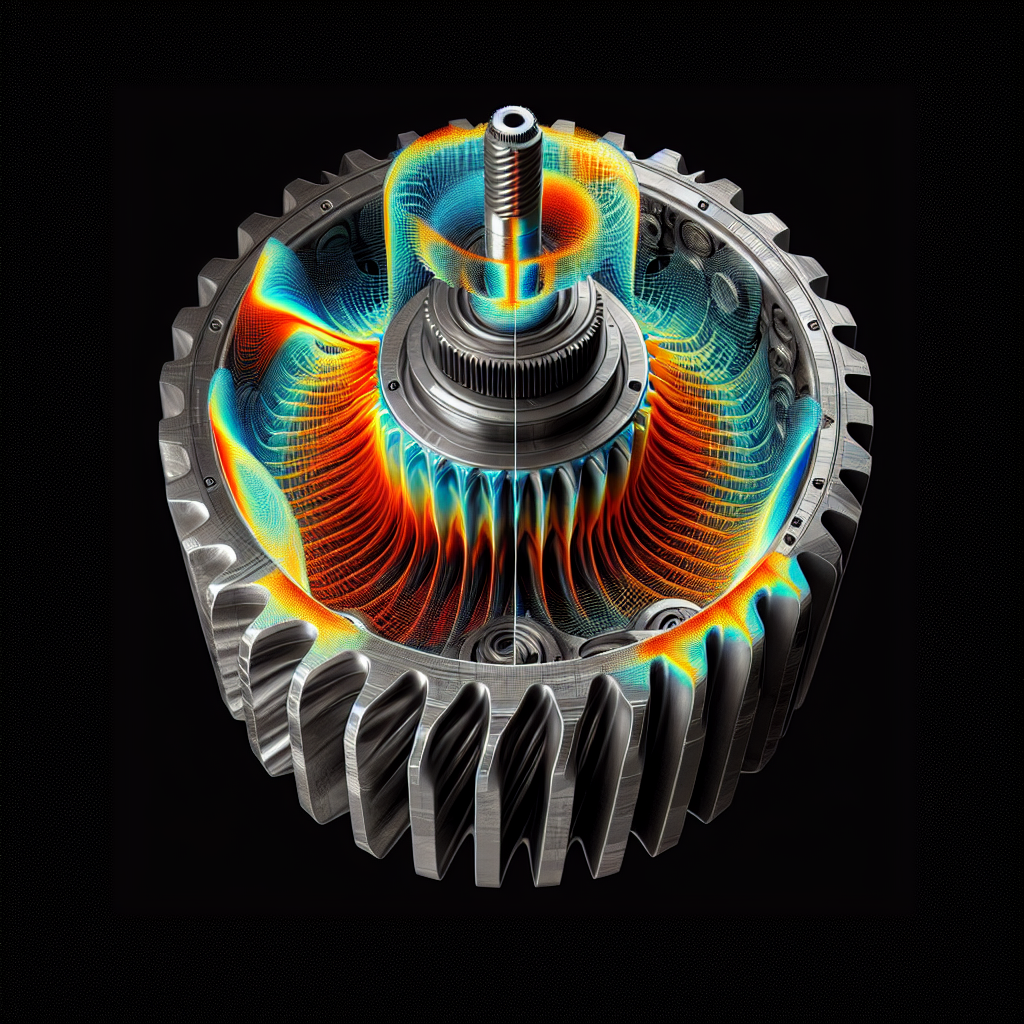Three Chinese astronauts remain in low-Earth orbit following the indefinite delay of their planned return to Earth aboard the Shenzhou-20 spacecraft, raising concerns about the mission’s timeline and highlighting the growing complexities of sustained spaceflight. The situation was originally reported in “Chinese Astronauts Stranded in Orbit After Shenzhou-20 Return Delayed” by StartupNews.fyi, which cited unnamed sources familiar with the matter.
The mission, part of China’s ongoing effort to expand its presence in space and support long-term habitation aboard the Tiangong space station, launched in August 2025. The crew was scheduled to conclude its three-month assignment earlier this week. However, a last-minute issue, reportedly connected to the spacecraft’s propulsion system, prompted authorities to postpone re-entry for safety evaluations.
China’s space agency, the China Manned Space Agency (CMSA), has not issued a formal explanation but confirmed in a brief statement that the crew remains in good health and that mission support teams are actively assessing the return window. According to information cited by StartupNews.fyi, the onboard systems of both the Shenzhou-20 capsule and the Tiangong station continue to operate normally, reducing immediate risk to the crew.
The delay represents the first significant disruption in China’s human spaceflight program since its acceleration in the past decade. While mission setbacks are not uncommon in space exploration, particularly for complex operations involving re-entry and landing, extended stays in orbit place additional physical and psychological demands on astronauts. Experts note that contingency plans are standard for such missions, and the Tiangong station is reportedly stocked for longer durations than originally planned.
International observers have expressed interest in the unfolding situation, noting its implications for future collaborative and commercial space operations. As China increasingly positions itself as a central force in the global space arena, any operational hiccup is likely to draw scrutiny.
The Shenzhou-20 mission is the latest in a series of steps toward building out China’s independent space infrastructure and eventually supporting lunar missions. While the delay is not expected to slow the nation’s long-term ambitions, it underscores the logistical intricacies of human spaceflight and the need for robust systems resilient to unexpected challenges.
As of now, CMSA has not indicated when the crew is expected to return. The situation remains fluid, with further updates anticipated in the coming days as assessments continue.



